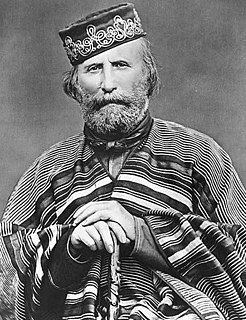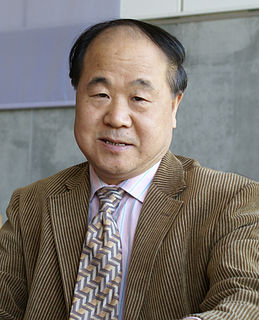A Quote by Jonathan Safran Foer
Or maybe what he fears is just the opposite: that nobody is looking; that his death, like his life, is without purpose; that there is neither greater good nor evil--only people living and dying because their bodies function and then do not; that the universe is a rip.
Related Quotes
It is due to neither impotence nor ignorance on God’s part that evils occur in the world, but it is owing to the order of his wisdom and to the greatness of his goodness, whence come the many and divers grades of goodness in things, many of which would be lacking were he to allow no evil to exist. Thus there would be no good of patience without the evil of persecution, nor the good of the preservation of its life in a lion, without the evil of the destruction of the animals on which it lives.
If the universe were just electrons and selfish genes, meaningless tragedies ... are exactly what we should expect, along with equally meaningless good fortune. Such a universe would be neither evil nor good in intention ... The universe we observe has precisely the properties we should expect if there is, at bottom, no design, no purpose, no evil and no good, nothing but blind pitiless indifference.
M. Mabeuf’s political opinion was a passionate fondness for plants, and a still greater one for books. He had, like everybody else, his termination in ist, without which nobody could have lived in those times, but he was neither a royalist, nor a Bonapartist, nor a chartist, nor an Orleanist, nor an anarchist; he was an old-bookist.
Fundamentally, however, there is neither good nor evil; this is all based on human concepts. In the universe there exists neither good nor evil, because everything has been created in accordance with immutable laws. the divine principles are reflected in these laws, and only through knowing these laws will we be able to get close to the divine.
The life of any one can by no means be changed after death; an evil life can in no wise be converted into a good life, or an infernal into an angelic life: because every spirit, from head to foot, is of the character of his love, and therefore, of his life; and to convert this life into its opposite, would be to destroy the spirit utterly.
Only look to Jesus. He died for you, died in your place, died under the frowns of heaven, that we might die under its smile. Regard neither unbelief nor doubt. Fear neither sin nor hell. Choose neither life nor death. All these are swallowed up in the immensity of Christ and are triumphed over in His cross.
I turned to look into his face one last time. It was as if I could see the whole universe in his eyes. Maybe he was God, maybe he was simply enlightened. I didn't care right then, in that blessed moment, I just loved him. Later, though, the love was to turn to hate, to fear. They seemed so opposite, the feelings, yet they were all one note on his flute.
How admirable and beautiful is the simplicity of the Evangelists! They never speak injuriously of the enemies of Jesus Christ, of His judges, nor of His executioners. They report the facts without a single reflection. They comment neither on their Master's mildness when He was smitten, nor on His constancy in the hour of His ignominious death, which they thus describe: "And they crucified Jesus.
The question that faces every man born into this world is not what should be his purpose, which he should set about to achieve, but just what to do with life? The answer, that he should order his life so that he can find the greatest happiness in it, is more a practical question, similar to that of how a man should spend his weekend, then a metaphysical proposition as to what is the mystic purpose of his life in the scheme of the universe.
'Greater love has no man than this that a man lay down his life for his friends' (Jn. 15:13). In truth if someone hears an evil saying, that is, one which harms him, and in his turn, he wants to repeat it, he must fight in order not to say it. Or if someone is taken advantage of and he bears it, without retaliation at all, then he is giving his life for his neighbor.
A soldier surrounded by enemies, if he is to cut his way out, needs to combine a strong desire for living with a strange carelessness about dying. He must not merely cling to life, for then he will be a coward, and will not escape. He must not merely wait for death, for then he will be a suicide, and will not escape. He must seek his life in a spirit of furious indifference to it; he must desire life like water and yet drink death like wine.





































